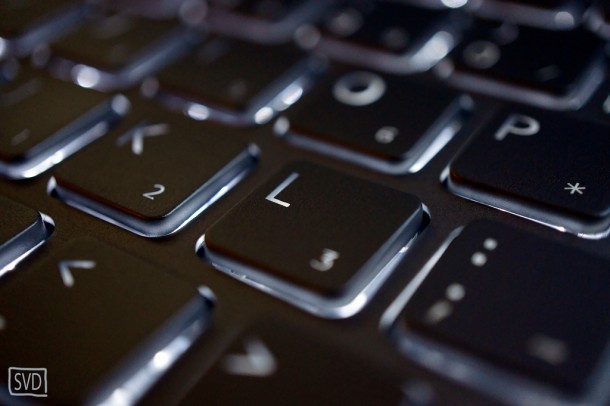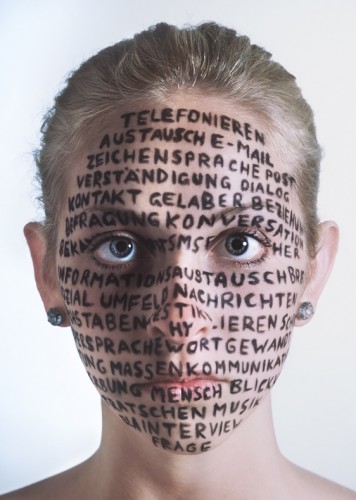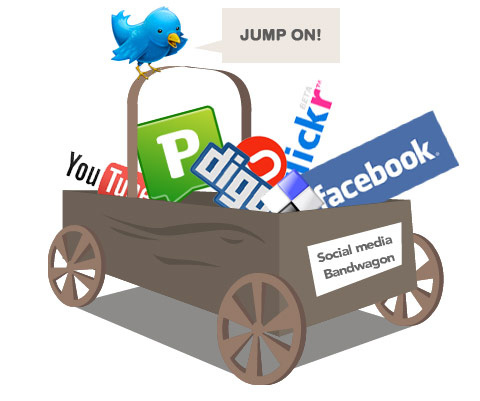How many times have you checked your Facebook notifications today? Five? Ten? I can’t say I can count the number of times I’ve checked mine.
In the past ten years social media has become hugely dominant in our lives – with PewResearchCenter releasing statistics this year which showed that 71% of the online American population now have a Facebook account, and 70% of these users are accessing their Facebook on a daily basis.
How is This Affecting us as a Society?
Book Pages
While social media is convenient and makes life easier for us on an infinite number of levels – from keeping up to date with your favourite band to cyber stalking your ex – it is having more negative effects on you than you may know.
Firstly, our obsessive use of social media is having negative effects on our reading and learning. Studies have recently been carried out to investigate the way we read text on screen, and how this differs from reading text in physical books.
The Neilson Norman Group have established an ‘F pattern’ which we follow when reading text on screen. This means that, rather than reading text from left to right, we merely skim across it in the shape of an ‘F’. This causes us to absorb less information and diminishes the reading experience.
Being constantly immersed in social media, our brains are picking up bad habits which have the potential to interfere with the way in which we read and learn.
With the youth of today growing up in a day and age in which access to Facebook is an absolute must and is far more appealing than kicking back with a book, it is clear that the reading and learning skills of our society will begin to diminish over time.
What About Communication?
Communication – Women With Letters on Face
As well as affecting the way we read, social media also impacts the way we communicate with each other – and once again it’s bad news.
With instantaneous access to virtual communication at all of our fingertips, we are beginning to communicate with one another in an entirely different way from our pre – Facebook ascendants.
A recent survey carried out by UCLA psychology department showed that children deprived of all digital media for just five days were able to recognise emotion in face to face conversation significantly better than those using digital media.
As highlighted by a study published in Pacific Standard Magazine, this is due to the way in which the human brain uncontrollably detects the small changes in facial expression when we converse with one another face to face – which makes for better, more authentic communication.
Additionally, it has been shown that the emotional parts of the brain become more effective when they operate at higher speeds – meaning that face to face communication is also ‘better’ due to the pace at which it happens.
So, we can gather that chatting on Facebook messenger dwindles our communication skills and takes away from real communication – social media is in fact making us less social.
What This Means For us
‘Social Media Bandwagon’
Clearly our overuse of Facebook is having a negative affect on society and the way we learn and communicate.
My words of wisdom would be to go against the tide: challenge yourself to refrain from refreshing your Facebook newsfeed on a minutely basis, try reading a physical book every once in a while, and make the two minute journey to your neighbour’s house to ask if you can borrow an egg instead of messaging them on Facebook.




